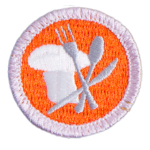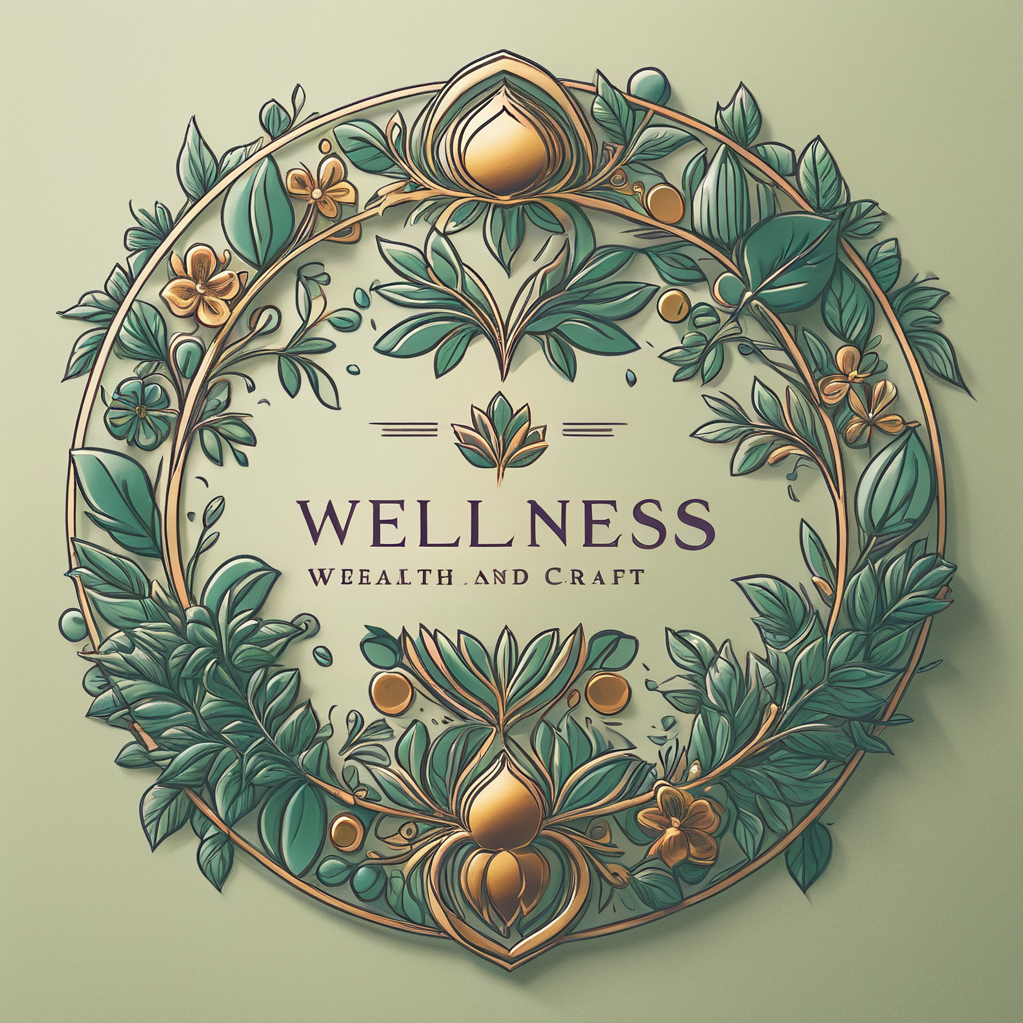Do you feel like a failure any time you think you might want to pursue a
romantic
connection with someone and they don’t share your interest in exploring that possibility?
Do you call it a failure if you date someone and, later down the road, your
relationship‘” aria-describedby=”relationship-definition” class=”despace-parent glossary-word” data-glossary-id=”relationship“>relationship
relationship-definition” class=”glossary-definition” style=”display: none;”>
(relationship“>relationship: An ongoing interaction or association with another person, place or thing.)
doesn’t work
out
in the way you hoped it would? If you go on a date that doesn’t meet your expectations or wants in some way, does that make it a failure?
If you have a pass/fail mindset about dating, you might be like many and end up labeling almost every dating experience a failure. That leaves you with more of a fail/fail mindset. Not only does this mindset hurt when a dating situation does not work out, but it also can tarnish the memories of the exciting dating moments you did have. It can even make you forget that earnestly great experiences ever happened in the first place.
A pass/fail mindset can be painful and can cause you to miss out on the positives. For example, even if a date didn’t match your expectations of how the date would go, there are still positives that could have come from the experience. If you thought there would be physical chemistry and connection, but that did not turn out to be the case, you still got practice going on a date. You also may have gotten to know a new person and possibly started a new friendship that may last a lifetime. If you have been viewing yourself in a harsh way for being a human who cares and was brave enough to have feelings for another person, read on.
How Can You Judge Something that Has No Prototype?
There is no blueprint for the ideal way to date or do relationships. (There is also no ideal way to do relationships in the first place, so that figures.) That makes it unfair to judge ourselves based on a grading scale that has no real reason for being graded. A majority of classes you take in school are not even on a pass/fail scale. Most are on a continuum so that you still get credit for doing work that is good enough. Yet, many of us use this rigid
binary
standard to judge ourselves, as though it were possible to actually fail at dating.
Most of us would not use a harsh all-or-nothing grading standard for other people’s dating situations. If others are happy, we are not likely judging them on their dating story. They might be the kind of person who loves first dates, then loses interest. They might only be comfortable in strictly long-distance relationships. They might be staunchly single, with no plans to ever change that. In all of those cases, if they are not calling themselves into question, then neither are we. We know we cannot define what the most fulfilling dating outcomes look like for others.
If you catch yourself having a pass/fail mindset about your own dating process, my goal is to give you a different way to think about dating. Since I provide counseling to people who are mainly in their late-teen and early adult years, much of my work involves focusing on relationships. This is a time when there is often a lot of anxiety about being in first relationships, coping with first-breakups, and fears about whether a first date will ever happen. Here’s some of what I have learned that seems to help people reframe this kind of negative mindset.
Go Back to the Basics and Learn from How You Used to Learn
We get more comfortable dating when we approach it like we approach everything else we have learned in life. When we learned to walk, we fell a lot. Every fall taught us something and got us closer to walking. Every little step was celebrated as a success. The falls were not failures. Just like learning to walk, learning to date has no perfect score. We keep progressing, but there is no hallmark of perfection. There is not ever even an end to the learning process.
Reframe Everything from the Developmental Task Mindset
What you think is a dating failure can actually be a dating developmental task accomplishment. What I mean by that is this: we all start off as beginners, without knowing a lot about what we are doing. Our minds are filled with different ideas about dating that have been absorbed from movies, books, the dates of other people in our lives, and the unsolicited advice of others. It is important to accept that we do not know it all and that some of what we know was misguided advice.

Unlike traditional developmental models that progress in stages, the knowledge you gain in the dating world does not occur in a particular order. That’s why in my counseling work I describe it as a developmental task model, but not a developmental stage model. More specifically, stages generally imply that for personal growth to occur, it needs to occur in a certain order. Each stage builds upon the previous stage. It can imply that all stages need to occur. Yet, as we know, dating is unpredictable. With a task model, each and every task has the capacity to create personal growth.
Since dating should be fun, think about all of those developmental tasks that you accomplish as dating merit badges that you have earned and continue to earn. You do not have to earn your merit badges in a specific order. You earn your dating merit badges in whichever order that life presents them.
Find the Merit Badge in Everything You’ve Overlooked

Get creative and identify the dating merit badges you have earned so far. Has dating turned into a friendship? Then you have your friend badge. You now know you can handle it if that ever happens again. If you misread social cues and thought someone was interested in you, only to have later learned they weren’t, then you get a merit badge for misreading social cues. An accrual of your badges with long, quirky labels demonstrates to you that you have been brave enough to venture into the dating wilderness and live life fully.
You cannot control other people or all of the possible mishaps that can occur when dating. What you can control is that you learn from it all.
Most things in life provide some kernel of insight. That means that most of the dates you have ever had or will ever have can teach you more about yourself and how you expect others to treat you. So, even if you decide someone was not a great date or
partner
, you accomplish the task of recognizing you deserve to be treated better.
 As a psychologist, I feel the need to mention the exception to this article. While this model focuses on a growth mindset, it is not meant to sugar-coat any form of harm. There are no cases where
As a psychologist, I feel the need to mention the exception to this article. While this model focuses on a growth mindset, it is not meant to sugar-coat any form of harm. There are no cases where
abuse
, assault, or violence are acceptable. If you have ever been a victim, my wish for you is that you recognize that you know you have value, worth, and rights and that you deserve to be cared for and cared about.
The tasks you can learn from each dating experience and each merit badge are endless. You get to be in different roles, depending on who you are with. Sometimes you are the brave one initiating the date and at other times you are the one who decides there are reasons that a date should not happen. Sometimes you get to learn what it is like to be the neat one and other times you are the messy one. Sometimes you are the pursuer and other times you are the distancer. Sometimes you are the outgoing one and other times you are the reserved one. Sometimes you are the spender and other times you are the saver. Sometimes you are the one to call it when the relationship does not seem to be working out and other times you are the one who gets to hear this from someone else.
The Takeaway
If you catch yourself using a pass/fail mindset when it comes to dating, pause and think about it from a developmental task perspective. Notice what you can learn from the situation.

Get your sash proudly ready and pick what dating merit badge you get this time. This is not intended to be a recipe for eliminating all the negative feelings that can come with dating bumps: by all means, still feel and experience all of your feelings. But this way of thinking can help you to stop ignoring all of your unclaimed victories and see dating in the kind of light that makes it more likely to be something you enjoy and find good experiences with.
In every dating success and every dating miss, you are learning new ways to see people from different points of view. You are learning new ways of communicating while still being yourself. You get to learn to find your own voice. Through each interaction, we learn something about ourselves, which then changes our relationship with ourselves. Ultimately, that is the most important relationship.
relationships/how-change-passfail-dating-mindset”>Source link



